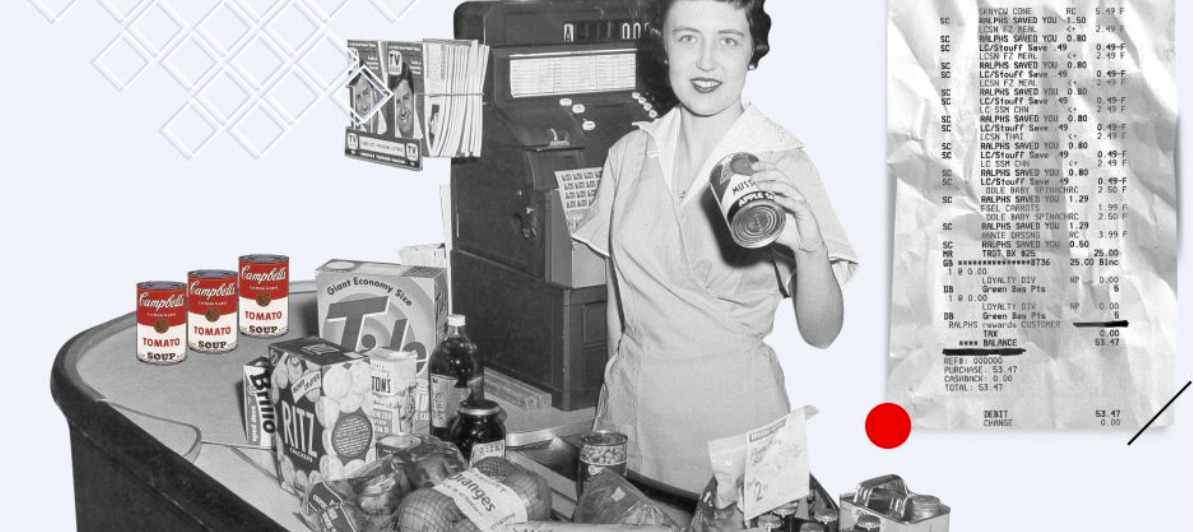The retail industry has undergone a massive transformation over the last decade, driven by evolving consumer expectations, technological advancements, and the rise of omnichannel experiences. Today, businesses no longer compete merely on price or product quality—they compete on experience, speed, and personalization. At the heart of this transformation lies retail software development, which is empowering retailers to deliver seamless, data-driven, and highly engaging shopping journeys.
In this article, we’ll explore the key aspects of retail software development, from understanding its importance to diving into the technologies, benefits, and challenges it brings. We’ll also discuss how companies like Zoolatech are helping retailers build robust solutions that drive growth and customer satisfaction.
What Is Retail Software Development?
Retail software development refers to the process of designing, building, and deploying software solutions tailored to meet the needs of the retail industry. These solutions can range from point-of-sale (POS) systems and inventory management tools to full-fledged eCommerce platforms and AI-powered analytics systems.
Unlike generic software, retail-specific solutions are developed to address unique challenges like fluctuating consumer demand, complex logistics, multiple sales channels, and the need for real-time data. This specialization ensures that retailers can remain competitive in a fast-changing market.
Why Retail Software Development Matters
Modern consumers expect a consistent and personalized experience whether they are shopping in-store, on a website, or through a mobile app. Retail software development enables businesses to meet these expectations by:
Creating Seamless Omnichannel Experiences: Customers can begin shopping on one channel and complete the purchase on another without friction.
Improving Operational Efficiency: Automated inventory tracking, real-time reporting, and predictive analytics reduce overhead and improve decision-making.
Boosting Customer Engagement: Loyalty programs, personalized recommendations, and targeted marketing campaigns increase customer retention.
Leveraging Data: Collecting and analyzing data enables retailers to forecast demand, optimize pricing, and improve supply chain management.
Without investment in custom retail software, retailers risk falling behind competitors who are faster, more agile, and better equipped to deliver exceptional customer experiences.
Key Components of Retail Software
Retail software solutions are often modular and interconnected, designed to work as a comprehensive ecosystem. The major components include:
1. Point-of-Sale (POS) Systems
A POS system is the backbone of any retail business. It facilitates quick and secure transactions, integrates with inventory systems, and supports multiple payment methods, including contactless payments and digital wallets.
2. Inventory Management
Real-time inventory tracking prevents stockouts, overstocking, and missed sales opportunities. Automated systems can also send alerts when inventory levels fall below a certain threshold.
3. Customer Relationship Management (CRM)
Retail CRMs store customer data, track purchase history, and help create personalized offers. This leads to stronger relationships and better marketing ROI.
4. eCommerce Platforms
With online shopping continuing to grow, retailers need robust eCommerce solutions that are scalable, mobile-friendly, and optimized for conversion.
5. Analytics and Reporting
Data-driven decision-making is key to retail success. Analytics tools allow retailers to monitor sales trends, customer behavior, and campaign performance in real time.
6. Supply Chain Management
Advanced software ensures smooth logistics, timely deliveries, and effective collaboration with suppliers.
Emerging Technologies in Retail Software Development
The future of retail is deeply intertwined with cutting-edge technology. Here are some of the most influential trends shaping the field:
Artificial Intelligence (AI) and Machine Learning (ML)
AI is being used to power recommendation engines, demand forecasting, and even automated customer service through chatbots. ML algorithms analyze massive datasets to uncover patterns that humans might miss.
Internet of Things (IoT)
IoT devices like smart shelves, RFID tags, and connected POS terminals enable real-time inventory tracking and enhance the in-store shopping experience.
Augmented Reality (AR) and Virtual Reality (VR)
Retailers are using AR and VR to offer virtual try-ons for fashion and cosmetics, as well as immersive product demonstrations for furniture and appliances.
Cloud Computing
Cloud-based solutions allow retailers to scale quickly, ensure data accessibility across locations, and reduce IT infrastructure costs.
Blockchain
Blockchain is revolutionizing supply chain transparency, enabling retailers to verify product authenticity and track goods from manufacturer to shelf.
Benefits of Custom Retail Software
While off-the-shelf solutions exist, many retailers are turning to custom retail software development to gain a competitive edge. Here are some of the benefits:
Tailored Functionality: Custom solutions are designed specifically for the business’s workflows and requirements.
Scalability: Software can grow alongside the business, adding new features as needed.
Integration: Custom systems can integrate seamlessly with existing tools, reducing silos and data duplication.
Competitive Advantage: Unique features can set a retailer apart from competitors and enhance brand value.
Challenges in Retail Software Development
Despite its advantages, retail software development comes with challenges that businesses must address:
Complex Requirements: Retail businesses often have diverse needs that can make software development complex and time-consuming.
Integration Issues: Ensuring new software works with legacy systems can be challenging.
Cybersecurity Risks: With sensitive customer data involved, security must be a top priority.
Cost Considerations: Custom development can require significant upfront investment.
Working with experienced development partners can help mitigate these challenges and ensure a smooth implementation process.
The Role of Zoolatech in Retail Software Development
Companies like Zoolatech specialize in delivering innovative, scalable, and efficient retail software solutions. Their expertise spans across eCommerce platforms, POS systems, mobile applications, and cloud-based retail ecosystems.
Zoolatech’s approach focuses on:
Deep Industry Knowledge: Understanding retail trends and customer behavior to deliver relevant solutions.
Agile Development Methodology: Iterative development that ensures faster time-to-market.
End-to-End Support: From discovery and design to development, testing, and ongoing maintenance.
By partnering with Zoolatech, retailers can accelerate digital transformation and stay ahead in a highly competitive market.
Best Practices for Retail Software Development
To ensure success, retailers and their development partners should follow key best practices:
Start with Discovery: Clearly define business goals, user needs, and technical requirements before development begins.
Focus on User Experience (UX): Create intuitive interfaces that simplify the shopping experience.
Ensure Cross-Platform Compatibility: Solutions should work seamlessly across web, mobile, and in-store systems.
Prioritize Security: Implement robust data protection measures to safeguard customer information.
Leverage Data: Use analytics to continuously improve operations and customer engagement.
Plan for Scalability: Build software that can handle future growth and new technologies.
Future of Retail Software Development
The future of retail will be driven by hyper-personalization, automation, and frictionless experiences. Expect to see:
Greater use of AI for predictive shopping and autonomous stores.
Wider adoption of cashier-less checkout powered by computer vision.
Expansion of social commerce and direct-to-consumer (DTC) channels.
Increased focus on sustainability, with software helping track and minimize environmental impact.
Retailers who invest early in these innovations will be better positioned to capture market share and build loyal customer bases.
Final Thoughts
Retail software development is no longer optional—it is a critical driver of success in today’s competitive landscape. From creating seamless omnichannel experiences to leveraging data for smarter decisions, software enables retailers to meet the demands of modern consumers.
Partnering with experienced companies like Zoolatech ensures that retail businesses can build robust, scalable, and future-proof solutions. As the industry continues to evolve, those who embrace technology will be best positioned to thrive.





Write a comment ...